New Scientist covers the latest developments in science and technology that will impact your world. New Scientist employs and commissions the best writers in their fields from all over the world. Our editorial team provide cutting-edge news, award-winning features and reports, written in concise and clear language that puts discoveries and advances in the context of everyday life today and in the future.
Elsewhere on New Scientist
Out of options • If we want to preserve the remaining ice at our poles, we must take drastic action now
New Scientist
First images from a new eye in the sky
Plan to refreeze sea ice shows promise • Pumping seawater onto the snow on top of Arctic sea ice can make the ice thicker, a trial has revealed, offering a possible way to preserve sea ice during the summer, reports Madeleine Cuff
A black hole’s jets are so huge they are hundreds of times bigger than our galaxy
Tiny nuclear battery could work for decades
New way to split seawater and make hydrogen fuel
The most effective drugs for treating migraines revealed
Teleporting energy from empty space • Quantum computing protocol lets you extract energy from empty space, teleport it and store it for later
‘Doomsday’ glacier is headed for a calamitous collapse
Light takes an impossible journey • Photons seem able to appear on the other side of an obstacle before they have even gone in
Wuhan market the most likely source of covid-19 outbreak
Bacteria on the ISS are evolving for life in orbit
‘Shazam for whales’ uses AI to ID marine mammals
Earth once had a ring like Saturn’s, hint crater sites
An AI can beat internet CAPTCHA tests every time
The death toll of antibiotic resistance • About 39 million people are predicted to die as a result of this problem between now and 2050
Giant rats trained to sniff out illegal wildlife trafficking
A quantum multiverse may be feasible • Simulations suggest our reality could be one of the many worlds in a quantum multiverse
Rebreathing air helps lizards stay underwater longer
People hugely underestimate the carbon footprints of the 1 per cent
How to turn exhaled astronaut breath into fresh oxygen
Loneliness doesn’t seem to cause as many health conditions as we thought
AI detects ancient aqueducts in cold war satellite images
Long-stemmed flowers evolved to be ‘seen’ by bats
Dark matter may have let giant black holes form in early universe
Don’t fear the numbers • Anxiety about maths has been around for at least a century. It boils down to a misunderstanding about what maths is, says Sarah Hart
No planet B • Eating green There has been plenty of controversy over genetically modified crops, but if deployed well they could benefit the environment, says Graham Lawton
Stellar views
Playing with fire • There can be no victory in a war against nature, says the author of a mustread history of our environmental crisis. Michael Marshall explores
A future of our making? • What if tech bros and libertarians ruled the world, wonders Davide Abbatescianni as he explores a troubling docudrama
New Scientist recommends
The sci-fi column • Water world Colonialism, intense friendships, AI: Richard Powers’s Playground has many strands. But the novel is also a love letter to our oceans and a welcome, urgent wake-up call about destroying wild spaces and creatures, says Emily H. Wilson
Your letters
Microbes in mind • The surprising discovery that the human brain has its own microbiome offers the possibility of reversing dementia, finds David Robson
Uncommon sense • Generally seen as shared by all humanity, common sense is a lot more...
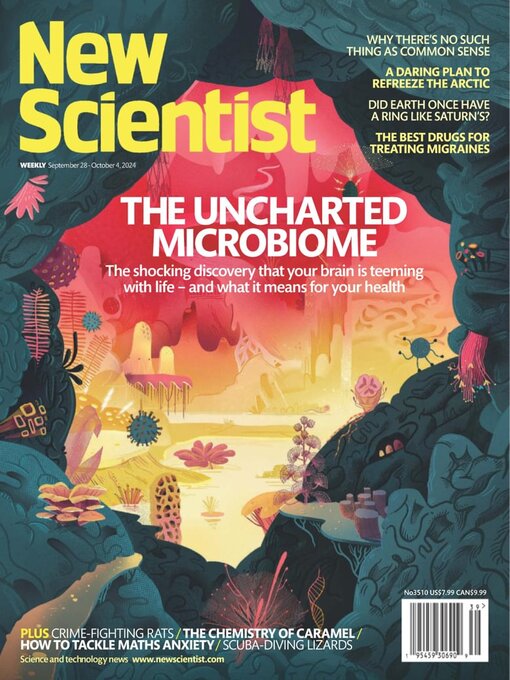
 Jan 04 2025
Jan 04 2025
 Dec 28 2024
Dec 28 2024
 Dec 14 2024
Dec 14 2024
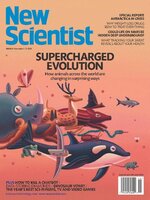 Dec 07 2024
Dec 07 2024
 Nov 30 2024
Nov 30 2024
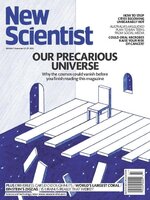 Nov 23 2024
Nov 23 2024
 Nov 16 2024
Nov 16 2024
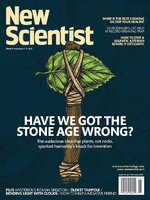 Nov 09 2024
Nov 09 2024
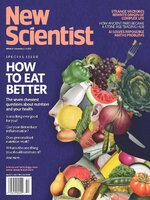 Nov 02 2024
Nov 02 2024
 Oct 26 2024
Oct 26 2024
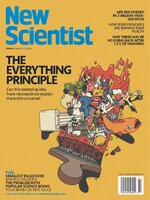 Oct 19 2024
Oct 19 2024
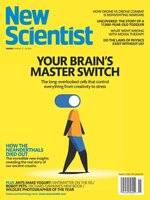 Oct 12 2024
Oct 12 2024
 Oct 05 2024
Oct 05 2024
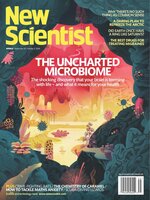 Sep 28 2024
Sep 28 2024
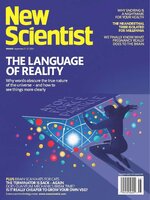 Sep 21 2024
Sep 21 2024
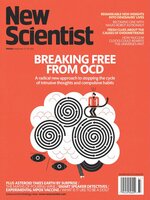 Sep 14 2024
Sep 14 2024
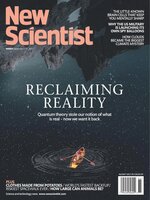 Sep 07 2024
Sep 07 2024
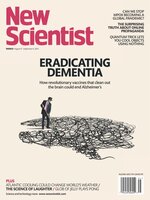 Aug 31 2024
Aug 31 2024
 Aug 24 2024
Aug 24 2024
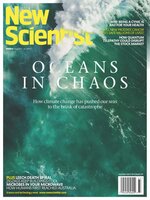 Aug 17 2024
Aug 17 2024
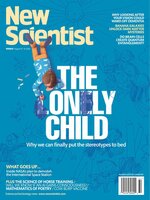 Aug 10 2024
Aug 10 2024
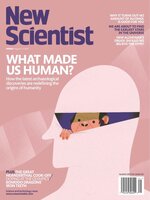 Aug 03 2024
Aug 03 2024
 Jul 27 2024
Jul 27 2024
 Jul 20 2024
Jul 20 2024
